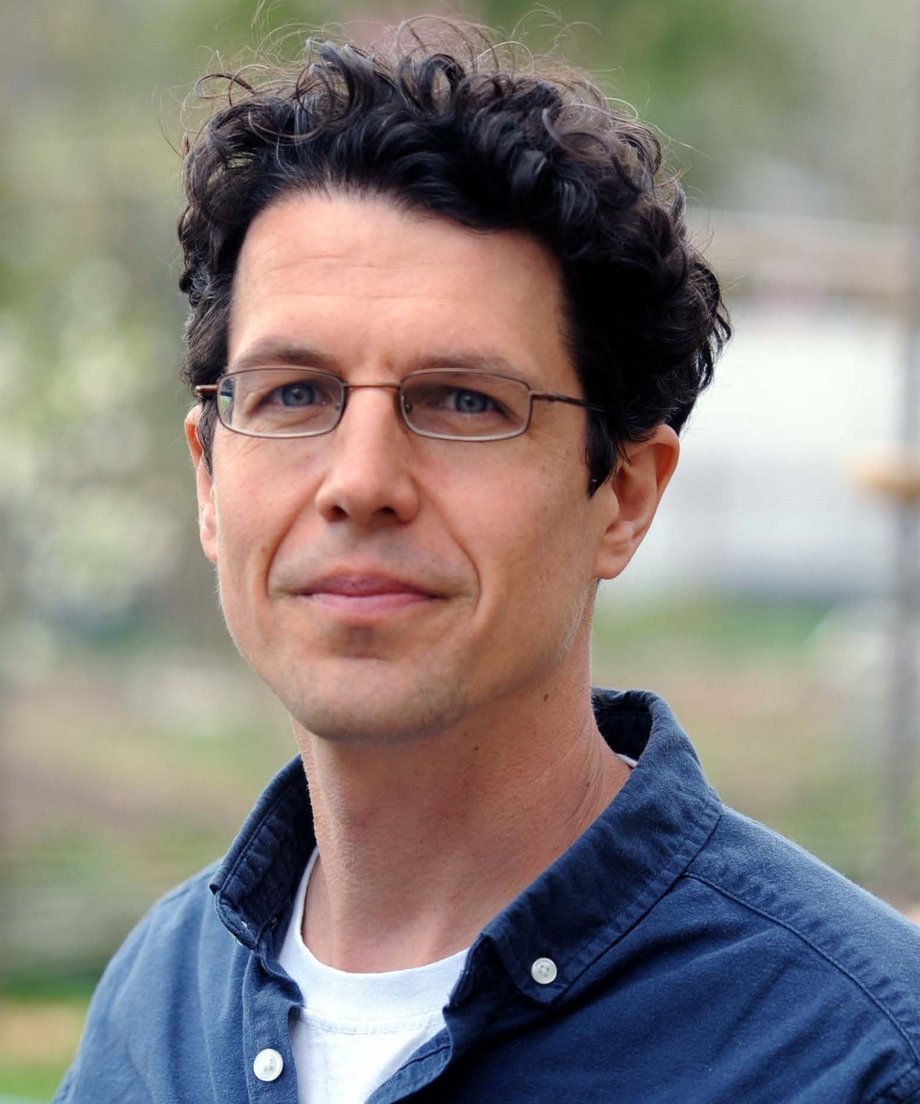Axel Anlauf

Erich Weinert Str. 1-2
03046 Cottbus
LG 10, Room 235a
T +49 (0) 355 69 2547
Consultation hours: Wednesdays 11-12am (please register by email)
Academic education
Since Oct. 2025: Research assistant at the Brandenburg University of Technology Cottbus-Senftenberg in the field of labour and economic sociology
2024-2025: Project collaborator in the research project: "Who owns the critical digital physical infrastructure? An analysis of transnational ownership, conflicts over public interests and state regulation" University of Erfurt / Vienna Chamber of Labour.
2019-2023: PhD scholarship holder of the Rosa Luxemburg Foundation. Dissertation topic: "From the Mine to the Farm: The Political Economy of Phosphate Fertilisers in the Americas". Supervisor: Prof. Dr Stefan Schmalz, Friedrich Schiller University Jena.
2017-2022: Lecturer for special tasks at the Institute for Political Science, Educational Policy and Political Education (Prof. Dr Hentges), University of Cologne
2014: Master of Arts degree, Erasmus Mundus Global Studies, University of Leipzig, Roskilde Universitet. Study visit at the University of California, Santa Barbara.
2012: Bachelor of Arts, Regional Studies Latin America / Social Sciences, University of Cologne
Publications:
2025 with Lucas Erlbacher, Catalina Renc and Stefan Schmalz: "Regulation of the Digital Physical Infrastructure in the EU, USA and China". Sub-study 2 from the research project: Who owns the critical digital physical infrastructure? University of Erfurt / Vienna Chamber of Labour. emedien.arbeiterkammer.at/viewer/image/AC17601687/
2025 with Stefan Schmalz (ed.): Globalisation in Decline? Economic Stagnation, Geopolitical Conflicts and Ecological Crisis. Special Issue, Critical Sociology 51(4). doi.org/10.1177/08969205251334983
2023: "All just collapse? A Proposal for the Application of the World Ecology Approach to Empirical Contemporary Research". In: Periphery, No. 167/168, pp. 324-345. doi.org/10.3224/peripherie.v42i2.05
2022: "An extractive bioeconomy? Phosphate mining, fertiliser commodity chains and alternative technologies". In: Sustainability Science 18, pp. 633-644. doi.org/10.1007/s11625-022-01234-8
2022 with Maria Backhouse: "World ecology". In: Fischer, Karin; Gerhard Hauck; Manuela Boatcă (eds.): Handbuch Entwicklungsforschung. Wiesbaden: Springer VS
2021: "Village teacher against dictator's daughter: The Peruvian power struggle". In: Blätter für deutsche und internationale Politik 7/2021, pp. 37-40.
2020: "The extractive basis of the bioeconomy. Synthetic fertilisers, peak phosphorus & alternative technologies". In: Periphery 159/160, pp. 284-307.
2019 with Stefan Schmalz: "Globalisation and inequality". In: Fischer, Karin; Margarethe Grandner (eds.): Global Inequality. On the connections between colonialism, labour relations and nature consumption. Vienna: Mandelbaum, pp. 192-211.
2017: "Greening the imperial mode of living? Socio-ecological (in)justice, electromobility and lithium mining in Argentina". In: Pichler, Melanie; Cornelia Staritz; Karin Küblböck; Christina Plank; Werner Raza; Fernando Ruiz Peyré (eds.): Fairness and Justice in Natural Resource Politics. New York: Routledge, pp. 164-180.
2015: "Secar la tierra para sacar litio? Conflictos socio-ambientales en la minería de litio". In: Nacif, Federico; Miguel Lacabana (eds.): El ABC del Litio Sudaméricano. Buenos Aires: Universidad Nacional de Quilmes, pp. 171-192
Lectures:
"The Extractive Economy of the Cloud", Conference: Contested digital capitalism: neo-feudalism, geopolitics and social conflict. 13-14 March 2025, Jena.
"Political Economy and the Politics of Phosphorus", 2nd Global Transdisciplinarity Conference: Integrating Horizontal & Vertical Transdisciplinarity. 26-30 June 2024, Mustafapaşa / Online.
"Towards a Political Economy of the Phosphate Industry - Ecology, Power and Inequalities in Fertiliser Commodity Chains", Werkstatt Transformations- und Nachhaltigkeitsforschung. 11-12 January 2024, Kassel.
"Peru unter Pedro Castillo: Der Ukraine Krieg als Brennglas der landesweite Agrar- und Ernährungskrise", Webinar of the Global South Studies Centre GSSC (University of Cologne) and the Rosa-Luxemburg-Stiftung: Der Ukraine-Krieg und der Globale Süden: Politische Positionierungen und wirtschaftliche Auswirkungen. 6 December 2022. online.
"Neoliberale Wende und Washington Consensus", guest lecture:Ringvorlesung Entwicklungspolitik (University of Vienna). 30 March 2022, Vienna.
"Contesting the Bioeconomy's Bottleneck - Conflicts around Phosphate Mining and Trade in Piura, Peru",7th Degrowth / 16th ISEE conference: Building Alternative Livelihoods in times of Ecological and Political Crisis. 5-8 July 2021, Manchester / Online.
"Climate Change and Global Inequalities", Public Climate School Cologne, 28 November 2019, Cologne.
"Die extraktive Basis der Bioökonomie: Peak Phosphorus, Nährstoff-Recycling und agrar-mineralische Frontiers in Südamerika", Final Conference DFG Kolleg Postwachstumsgesellschaften / 2nd Regional Conference of the DGS: Great Transformation - Die Zukunft moderner Gesellschaften. 23-27 September 2019, Jena.
"The Political Ecology of Lithium Mining in Argentina from a Global Perspective", 1st Austrian Conference on International Resource Politics: Towards International Resource Fairness - Theories, Conflicts and Policies, 4-6 December 2014, Vienna.
Research and teaching:
Axel Anlauf is currently researching the materiality of digital infrastructures with a particular focus on resource consumption by data centres and its impact on social transformation processes. His dissertation, submitted in April 2025, analyses the mining of phosphate rock - a raw material for the production of chemical fertilisers - as a little-known, extractive basis of the global food system. In his research, he focuses on the historical dimensions of global inequality, as well as the ecological embedding of socio-ecological processes and their transformation. He combines macrosociological approaches with debates from critical geography, political ecology and political sociology.
Focal points
- International political economy
- Globalisation and deglobalisation
- Physical digital infrastructures
- Extractivism and material flows
- Agri-Food Studies
- Teaching: Social change in the digital society
